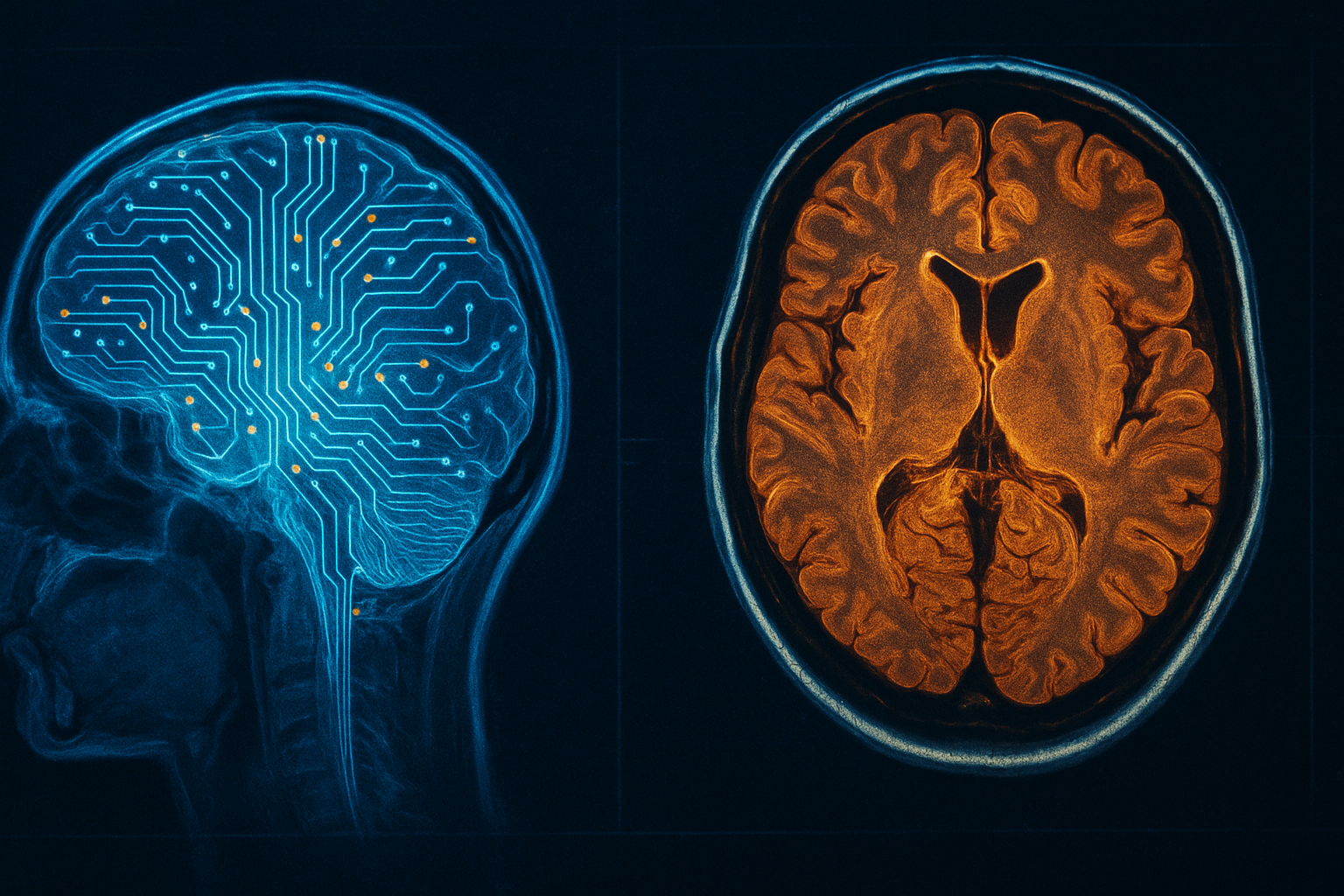Integrating Mirror Neuron Insights: Fostering Empathy and Connection in Coaching
It happened during a virtual session with a first-time executive client. She was describing a high-stakes meeting where she felt dismissed and unheard. As she recounted the moment, her voice softened, her eyes shifted down, and she paused mid-sentence.
I didn’t interrupt. I just mirrored her pace and tone—leaning in slightly, nodding gently, matching her energy without forcing it.
After a few seconds of silence, she looked up and said, “I don’t know why I feel so safe talking about this with you.”
The answer lies in the brain’s empathy engine: mirror neurons.
What Are Mirror Neurons?
Discovered in the 1990s, mirror neurons are a type of brain cell that activates not only when we perform an action, but also when we observesomeone else performing that action. When you see someone smile, your mirror neurons fire as if you’resmiling. When someone expresses pain, your brain simulates the experience.
This isn’t just mimicry. It’s the biological foundation of empathy. Mirror neurons allow us to read emotional cues, intuit intention, and emotionally “sync” with others.
In coaching, this is a quiet superpower.
Why Mirror Neurons Matter for Coaches
Empathy and connection are at the core of effective coaching. But they’re not just emotional skills—they’re neural experiences.
When a client feels seen, understood, and emotionally attuned to, their brain shifts from a defensive, performance-oriented state into one of openness and trust. That shift isn’t just psychological—it’s physiological.
Mirror neurons play a key role in that process. And when coaches understand how to work with that system, they can create coaching environments that feel safer, deeper, and more transformative.
How to Leverage Mirror Neurons in Coaching
Here are four coaching practices that intentionally activate the mirror neuron system to deepen connection and trust:
1. Match Tone, Energy, and Pace—Subtly
When you enter into a session, take a moment to tune into your client’s current emotional and energetic state. Are they rushed? Quiet? Anxious? Focused?
Rather than charging in with your default presence, soften or elevate your delivery to meet them where they are. This doesn’t mean mimicking. It means creating a nonverbal signal that says: “You’re not alone. I’m with you.”
This simple act of alignment can calm the nervous system and build a deeper sense of psychological safety.
2. Use Facial and Vocal Cues Thoughtfully
Facial expressions, tone of voice, eye contact—these are all rich sources of emotional data. Mirror neurons pick up on these cues before words even register.
As a coach, your face and voice become part of the intervention:
- A genuine smile at the right moment increases trust.
- A nod or raised eyebrow encourages deeper reflection.
- A softened tone invites vulnerability.
These aren’t tactics. They’re tools of attunement. They communicate care, curiosity, and presence—without a single word.
3. Name and Normalize Emotional States
Clients often struggle to articulate what they’re feeling. When you gently reflect emotional cues back to them, you help them put language to their experience—and you activate their emotional self-awareness.
Try phrases like:
- “It sounds like that really hurt.”
- “I noticed your shoulders dropped just now—what happened there?”
- “I can feel the weight of that moment as you describe it.”
This type of reflection strengthens both cognitive and emotional empathy. It also validates their experience, which deepens trust and opens the door for more courageous conversation.
4. Model the Behavior You’re Coaching Toward
The brain learns by observation. If you’re coaching a client to be more emotionally present, more grounded, or more curious—you need to embody those traits yourself.
If you regulate your own emotions, remain calm under pressure, and listen deeply, your client’s brain will begin to mirror that behavior. This isn’t theory—it’s mirror neuron science at work.
They’re not just learning from what you say—they’re learning from what you are.
Empathy Isn’t a Soft Skill. It’s a Neurobiological Signal.
In a coaching session, connection isn’t a bonus—it’s the foundation. And mirror neurons help explain why presence, tone, and trust-building behaviors matter as much as frameworks and questions.
When clients feel that you’re emotionally attuned to them, they’re more likely to reflect, risk, and rewire. That’s where change happens—not through pressure, but through resonance.
Coaching with the Brain in Mind
Empathy is not about fixing. It’s about understanding. And mirror neurons are the mechanism that make that understanding feel real, fast.
At Braintrust, we believe that coaching grounded in neuroscience doesn’t just feel better—it worksbetter. When you use what the brain is already doing to your advantage, you unlock more sustainable growth, more human-centered connection, and more transformational change.
Because when coaching honors biology, it builds trust at the speed of the nervous system—and that’s when real breakthroughs begin.





